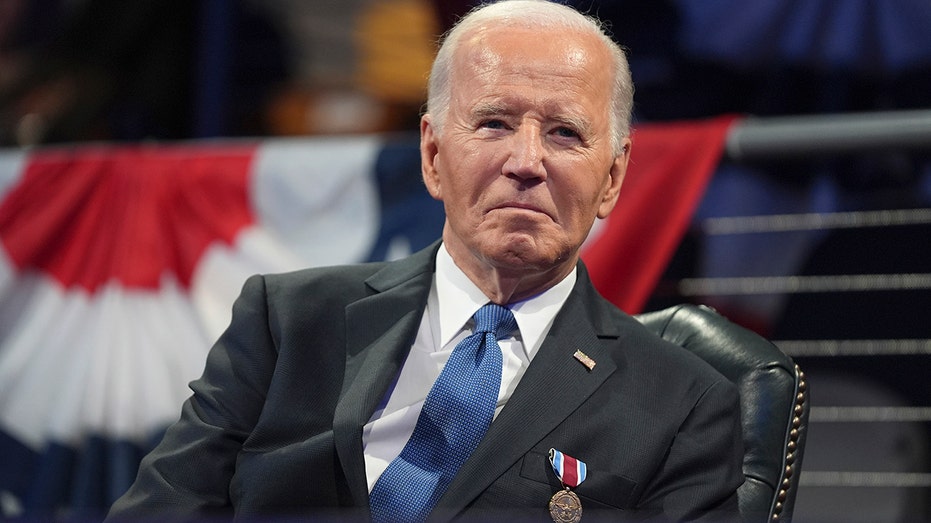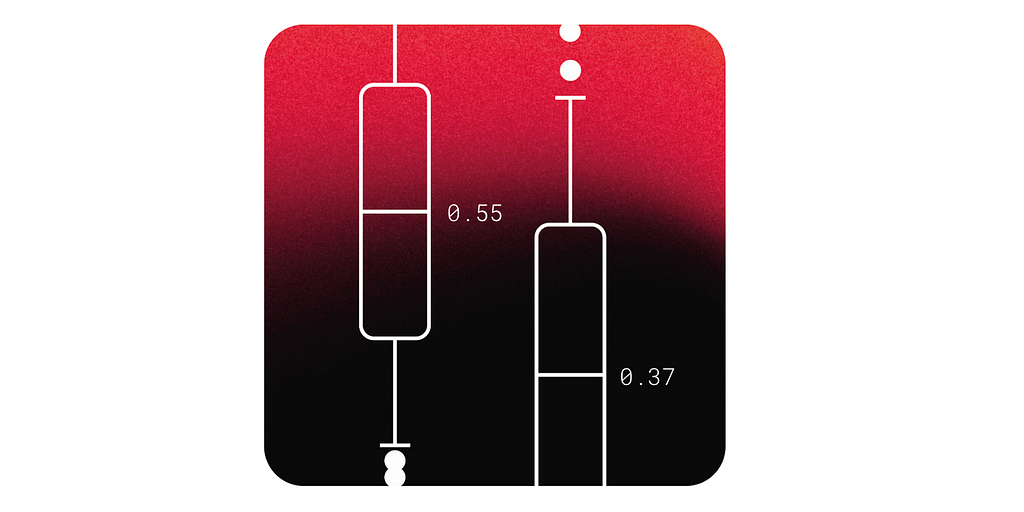We asked 5 teens about the TikTok ban. Most said they'll just move on.
Teens open up about the looming TikTok ban. Some will migrate to other apps, like Instagram. They also hope for more offline connections.
fotograzia/Getty, Richard Drury/Getty, Imgorthand/Getty, Tyler Le/BI
- Teens say that TikTok has a culture that other apps can't replace.
- Many of them became emotionally attached to the community during the pandemic.
- Some teens are pushing back on the ban by seeking out other Chinese apps.
Over the past few weeks, Madeira Semins, 18, has spent a lot of time thinking about TikTok — and experiencing a range of emotions about the possibility of the platform going away.
"It's a coping mechanism for many people in my generation," Semins, who attends college in Ohio, told Business Insider. "It seems dramatic to say that I feel uncertain about what my life will look like without TikTok in it, but it really has been such a quiet influence that I didn't even realize was happening until I started to think about what I'd do without it."
Last week, the Supreme Court heard testimony on a law that requires TikTok's parent company, ByteDance, to sell its US operations by January 19 or face a ban. Unless the Supreme Court intervenes, ByteDance plans to end US access to TikTok on that date.
While some teens say they'll simply move to other social media outlets, others are frustrated by what they see as a lack of understanding about TikTok's role in their communities, as well as overreach by the federal government.
A generation uses it to interact with the world
Like many teens, Semins and her 16-year-old sister started turning to TikTok during the pandemic when they were isolated at home. The app kept them "sane and in touch with the world," she said.
Since then, the app has become an easy way for her to connect with her peers both online and in person, serving as a source of memes and trends that it seems everyone knows.
"Losing TikTok seems like it has immense potential to drastically change the ways my generation interacts with the world and each other," Semins said.
Not just a way to pass time
Elizabeth Conley, a 19-year-old from Indiana, uses TikTok for her work with BridgeUSA, a multi-partisan student movement that promotes diverse voices in politics.
"TikTok isn't just a way to pass the time; it's been a huge tool for engaging with people on campus and raising awareness about important issues," she said. "Losing that platform would mean rethinking our outreach strategy entirely."
Conley also uses TikTok for humor and quick connection with peers by laughing over memes or popular trends. But she says the platform also helps her "discover new ideas and creative content that sparks conversations with people I care about."
Some teens are turning to RedNote in protest
Rayyan Ahmed, 19, says he uses TikTok as a "low-effort way to keep constant communication" with friends. Now, he sees his peers taking a critical look at the idea of the government banning an app.
"There's a popular sentiment about the app that the government should focus on stronger data privacy laws instead of banning one certain app," said Ahmed, who lives in New Jersey.
Some teens he knows are moving to another Chinese app, RedNote, in "defiance of the ban," Ahmed said, adding that he believes teens are moving there because the app is Chinese.
Given that, Conley wonders if the TikTok ban will have the desired impact.
"I'm not sure a ban would fully achieve its goals because people might just find other ways to access TikTok or turn to different platforms without really addressing the underlying issues," like concerns about security and the influence of social media on youth, she said.
Ahmed himself hasn't transitioned to RedNote, and said he'll likely just spend more time on Instagram Reels. Many of Semins' friends also plan to switch back to Instagram Reels, but that app has a different feel for her. Whereas TikTok was purely for her friends and peers, former teachers and adult friends of her family follow her on Instagram.
"I can't imagine myself posting TikTok-inspired reels to the same audience," she said. "Part of what makes TikTok so successful, in my opinion, is that it has always been a more casual space, and I'm not confident in Instagram's ability to integrate that playfulness successfully."
The ban could isolate disconnected teens
Jackson Jordan, 15, told Business Insider that there's no other social media platform that matches the opportunities to connect with peers that TikTok has given him.
Jordan's mom, Titania, is Bark Technologies' chief parent officer and founder of Parenting in a Tech World. She's talked with him extensively about misinformation, addictive algorithms, bullying, digital footprints, and other online dangers, but she's also allowed him to be "very active" on TikTok, she said.
Although Jordan is clear-eyed about the dangers of TikTok, he and his mother both also see the app's potential, from allowing content creators to build careers to creating connections for teens. Losing that concerns Jordan.
"This ban would further isolate an already disconnected generation of internet users, including myself," he said.
Jordan doesn't think the government should have the right to do that.
"I feel upset," he said. "It is an unfair violation of our right to free speech. Banning TikTok isn't a matter of national security; it is outright government censorship."
Some teens are ambivalent about the ban
Not all the teens that Business Insider spoke to are as concerned about the potential ban. Aidan O'Donnell, 18, has already started migrating from TikTok to Instagram Reels.
"I honestly don't care now" about TikTok's future, O'Donnell said.
Semins and her friends hope they'll spend more time offline if TikTok goes away.
With the app on all of her friends' phones, she often finds herself scrolling side-by-side as her friends do the same.
"In those moments, I often wish we were talking instead or doing something more collaborative and interactive," she said. "The app is just so addictive, and the algorithm is so personalized that it can feel almost impossible to just stop."
What's Your Reaction?




















































